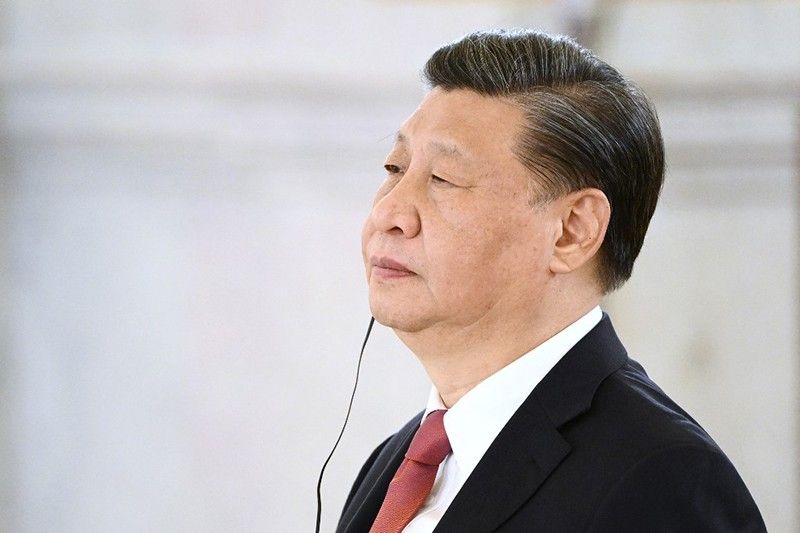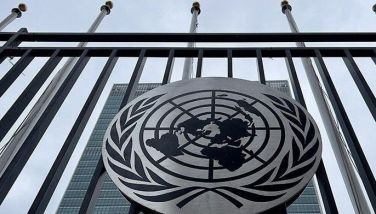New Zealand raises concerns with China over rights, Taiwan

BEIJING, China — New Zealand has raised concerns with China over human rights abuses and growing tensions with Taiwan, Wellington's foreign minister told AFP in an interview Saturday.
Nanaia Mahuta held talks with Chinese Foreign Minister Qin Gang in which they discussed "challenging issues", she said, including human rights in Xinjiang, freedoms in Hong Kong and China's influence in the Pacific.
"There's a lot that we can agree on and we also discussed some of the challenging issues, working through where we don't agree on," she said at the New Zealand embassy in Beijing.
"Human rights was an area where we did discuss some of those issues where we don't agree on."
Mahuta this week made the first visit to China by a New Zealand foreign minister since 2018.
She earlier said in a statement she had told her counterpart that the New Zealand government had "deep concerns regarding the human rights situation in Xinjiang and the erosion of rights and freedoms in Hong Kong".
Ukraine war
In the interview, Mahuta said she had "used the opportunity to highlight New Zealand's position on Russia's illegal and unprovoked aggression against Ukraine".
Beijing has notably refrained from using such strong language to refer to the Russian invasion, instead accusing NATO of "fanning the flames".
Mahuta added that New Zealand "urged China to use its influence with Russia to see the withdrawal of troops and ceasing of war".
The Saturday morning statement affirmed that Wellington "would be concerned by any provision of lethal aid [by China] in support of Russia's illegal war".
President Xi Jinping's visit to Moscow this week further exacerbated concerns that Beijing plans to provide material support to Russia.
Mahuta said that despite close economic ties between the two countries, there were still certain topics related to human rights on which the sides disagree.
New Zealand has also called out China, its largest trading partner, over reports of the repression of the Uyghur minority in Xinjiang.
"In the discussion I urged China to respond to the recommendations of the Office of the [UN] Human Rights Commissioner," she told AFP.
Last year the commissioner's office detailed a string of rights violations against Uyghurs and other Muslim minorities in the far northwestern region, highlighting "credible" allegations of widespread torture, arbitrary detention and violations of religious and reproductive rights.
Beijing vehemently rejects the charges and insists it is running vocational training centres in the region to counter extremism.
'Pacific resilience'
New Zealand has also joined the United States in accusing China of attempting to increase its military presence in the Pacific.
In Mahuta's talks with Qin she also raised concerns "over developments in the South China Sea", the statement said.
Mahuta later said that, while New Zealand does not take any official position on specific territorial disputes in the region, it had registered "concerns with regards to maritime and aviation access".
Beijing has significantly ramped up its presence across the wider Pacific region in recent years, including by deepening diplomatic ties, strengthening economic relationships, and bolstering military capabilities.
"We support greater Pacific resilience and that is the message that we have put to China," said Mahuta.
Another major flashpoint she raised was Taiwan, whose 23.5 million people live under constant threat of invasion by China.
Beijing claims the self-ruled democracy as part of its territory to be seized one day, by force if necessary.
China's sabre-rattling has intensified in recent years under Xi, and Russia's invasion of Ukraine has deepened fears in Taiwan that China might move similarly.
Mahuta also met the director of China's Central Foreign Affairs Commission, Wang Yi, during her trip.
She said she hoped her trip would mark a resumption of "high-level" discussions between the two nations, touting a potential visit from New Zealand's new Prime Minister Chris Hipkins.
- Latest
- Trending

































